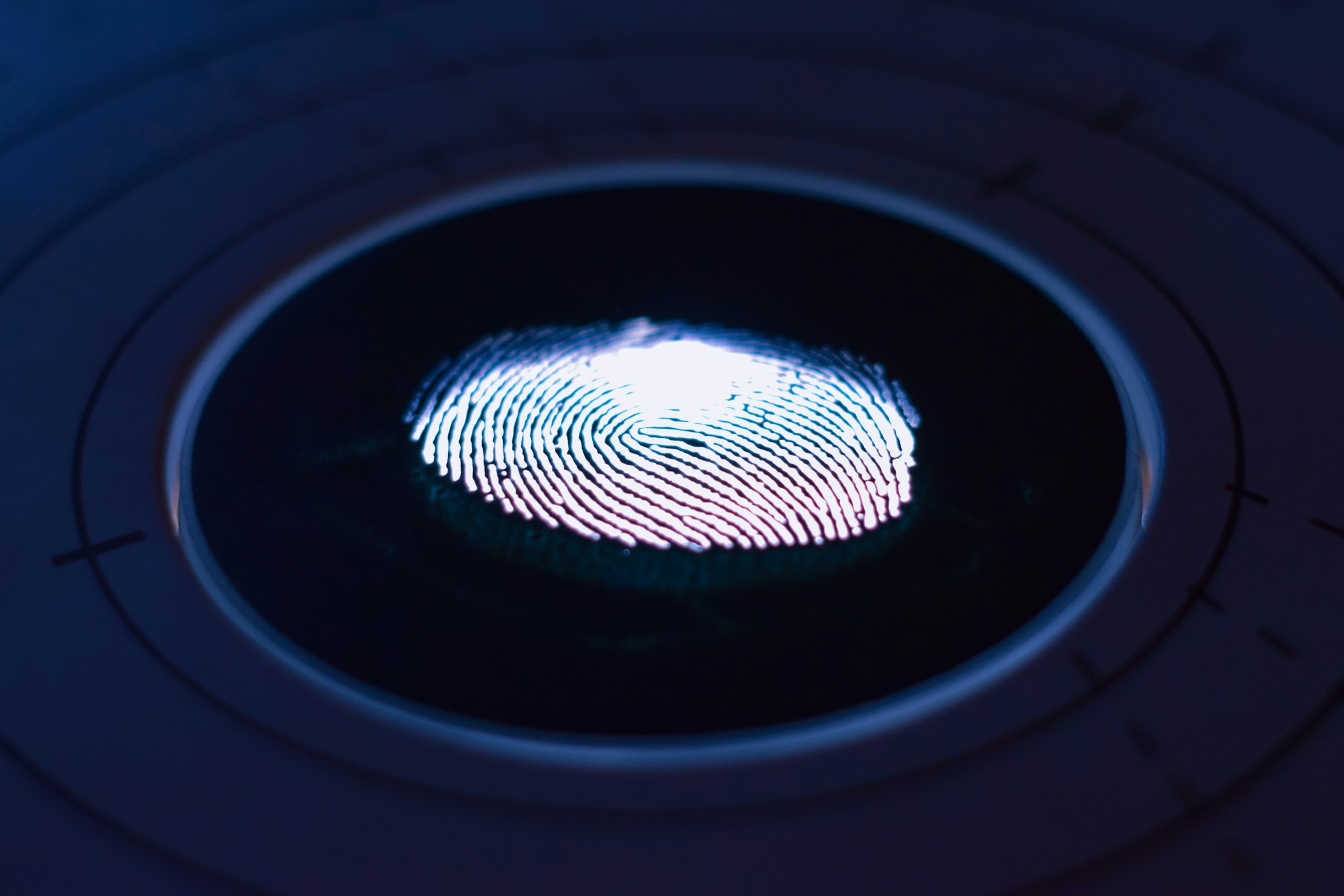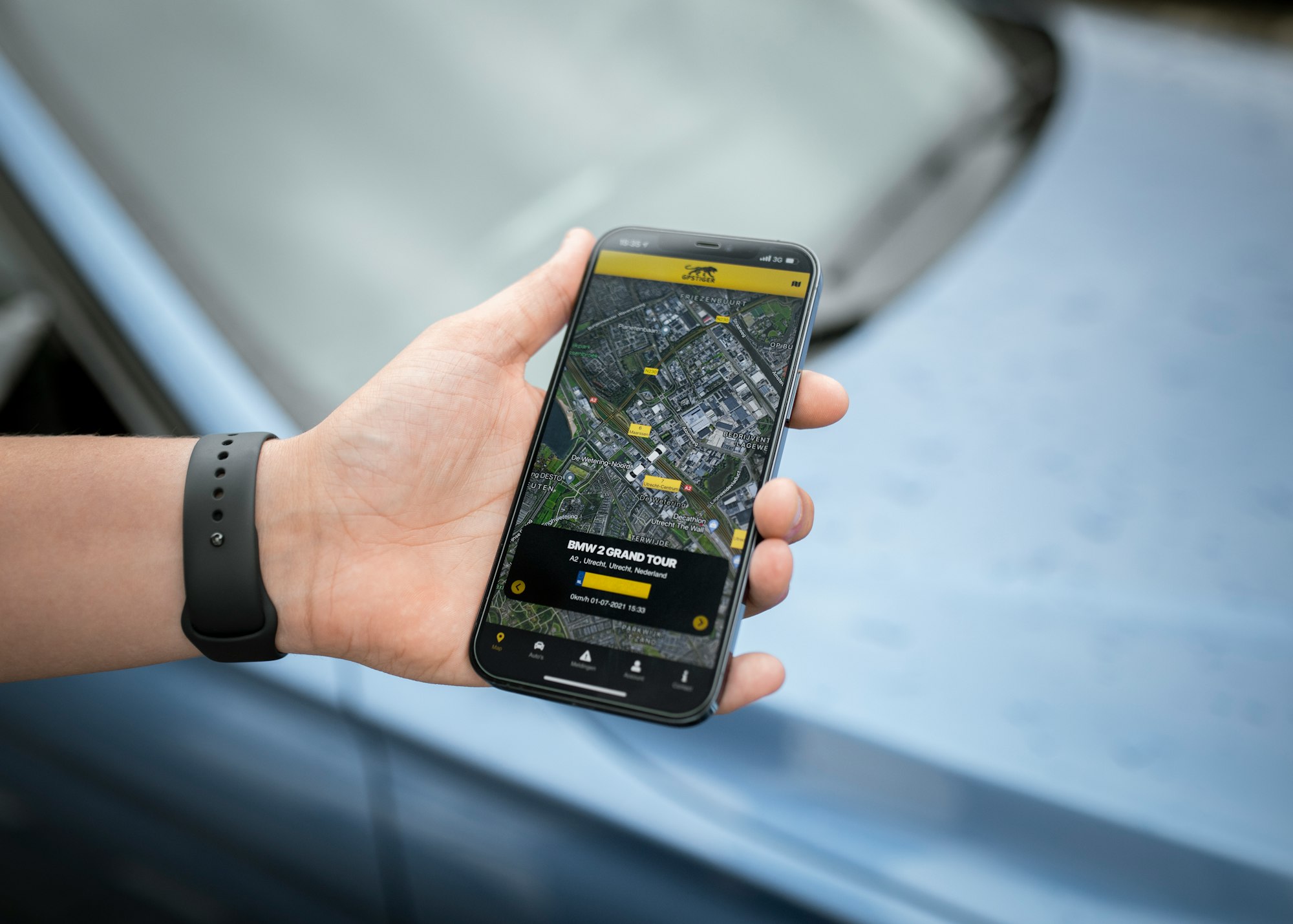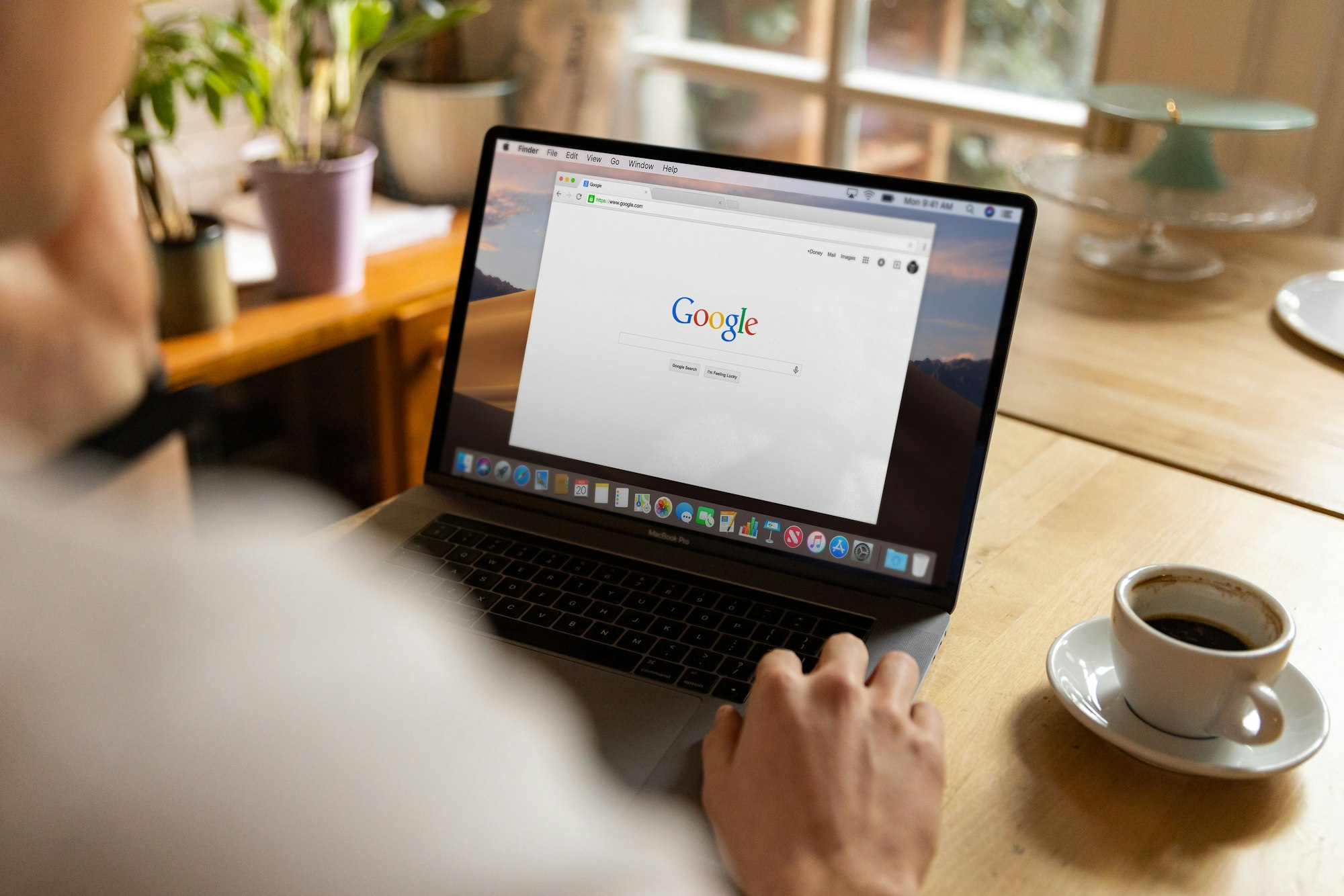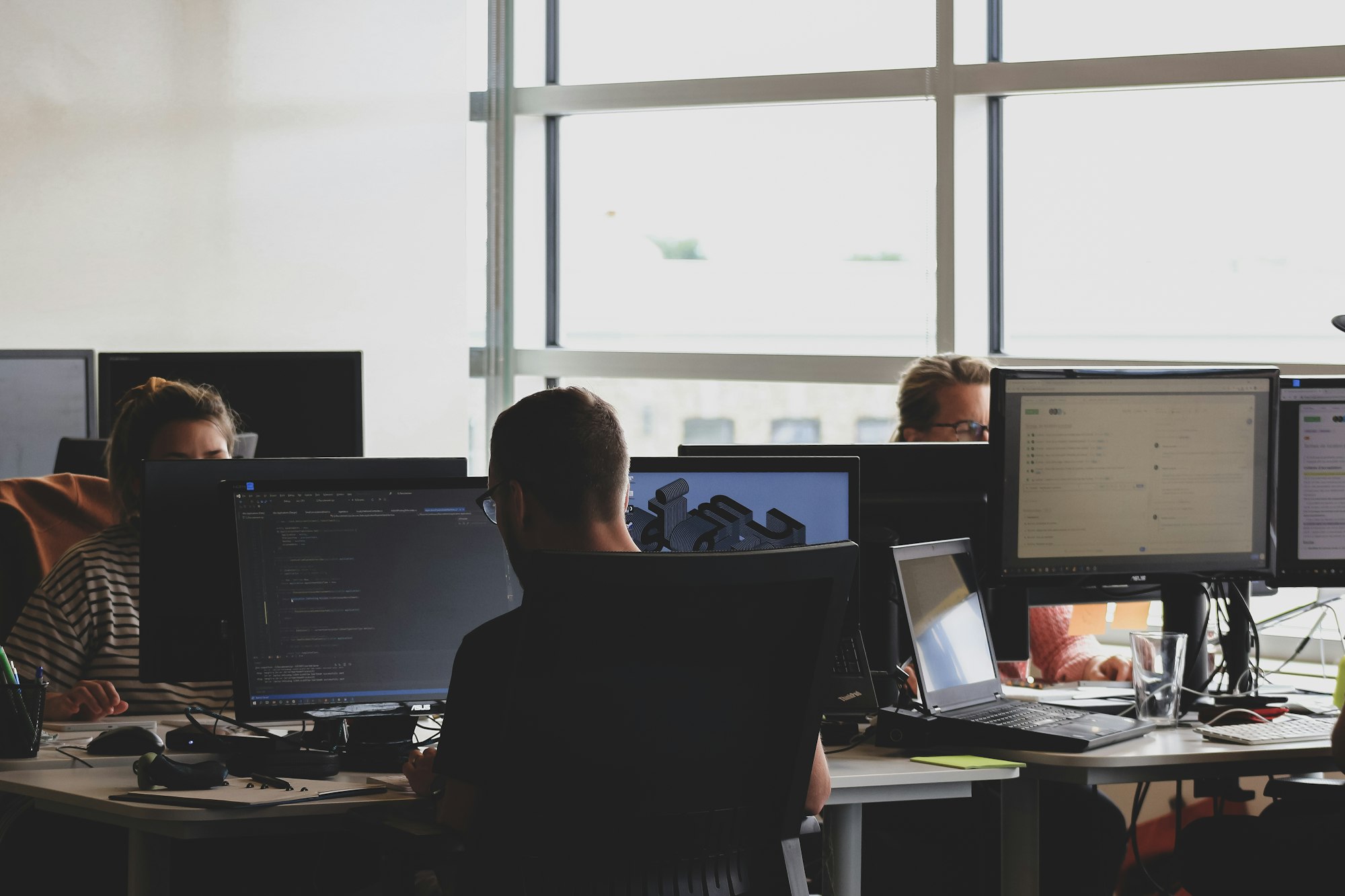About a decade ago, the Philippines witnessed the exponential rise of digitalization and the Internet. Almost everyone wanted to have a smartphone and create a Facebook account. Fast forward to today, smartphones have become more intelligent, and the Internet of things is constantly redefining the boundary between what is possible and what is not.

While it is obvious how our way of life changed from the way it used to be, there are many things we still do not know about the massive technology around us. If you are wondering how smart our cities have become, then keep reading!
What is a Smart City?
A smart city incorporates digital technology to create more efficient systems and networks that significantly improve the way people live. Simply put, everything is programmed for its best performance so that nothing goes to waste. To create a smart city, it is important to harness Information Communication Technology, understand the Internet of Things, and gather data from the end users.

Smart buildings are designed to conserve energy, smart urban transportation ensures safe and automated systems for mobility, and smart infrastructure continually gathers information on how to make the user experience of people better.
The Internet of Things
The Internet of Things (IoT) is a collection of network-connected devices like smartphones, smart appliances, wearable technology, security systems, etc. This network connection is enabled by the terms we often use today: WiFi and Bluetooth.

IoT allows devices to “communicate” with each other through an Internet Protocol (IP) address. Thus, human involvement is minimized and the efficiency of operation improves.
IoT application in the Philippines is just beginning to flourish as communities and institutions adopt digital technologies. To pave a smooth path toward creating smart cities, investments in data gathering techniques and information communication technology are essential.
Routers
The formal definition of a router describes it as a networking tool that enables the exchange of data between computer networks. But in layman’s terms, a router basically allows us to access the Internet. Because of routers, we can access any available information on the Internet for as long as we are connected to it.

Bluetooth-enabled Devices
If you are using Bluetooth-enabled printers, speakers, and other devices, then you are already enjoying one of the many benefits that a smart city seeks to provide its users. Bluetooth technology is basically the wireless interconnection between devices that follow commands through radio waves.

Because of Bluetooth, wearable technology like smartwatches can transfer data to a smartphone seamlessly. Bluetooth-enabled appliances can also follow commands in a few clicks.
Sensors
There is a wide variety of sensors that make life easier today. The most popular use of sensors is in the camera of smartphones. But that is just one example. Households and workplaces in smart cities also take advantage of motion sensors to conserve energy and optimize security.

You might have already seen motion-sensor lights that turn on when it detects movements. Because of IoT, these motion-sensor lights can even predict where a person is going, thus intensifying the amount of light only to a specific direction. Imagine the amount of energy that a building can save because of this!
Smart Locks
Smart locks are one of the greatest improvements in security systems that people enjoy today. Of course, IoT is still very much involved. While many smart lock systems make use of sensors to scan fingerprints, there are also some that use digital systems through a mobile app.

Smart locks are essential in smart cities that wish to eliminate the anxiety of losing physical keys. Read more about smart locks here.
The GPS
The quality of life has surely improved since people used the GPS. In a progressive society where people move from one place to another, knowing the exact location and how much it would cost to reach it is important. Moreover, the GPS eases one’s anxiety about getting lost on the road.

The GPS enabled many things that advanced the ways of transport, tracking, and delivery systems. For example, food and everything you need gets delivered right to your doorstep just by allowing service providers to securely know your GPS coordinates.
Artificial Intelligence
Artificial intelligence or AI may sound like a fancy phrase but it has long been incorporated into our lives longer than we may think. Google uses artificial intelligence to ensure your algorithm shows you what you are looking for.

But aside from search engines, AI is used in many industries like Healthcare, Transportation, Banking, Finance, Social Media, etc. It has penetrated society significantly which is why those who wish to reap its benefits must also understand it.
Cloud Computing
Cloud computing is especially loved by business owners and organizational leaders because of its high-tech but cost-effective solutions to traditional problems. Cloud computing works by providing IT services like computing power, storage, and databases on demand. It does all this in the “cloud” or in the servers accessed through the Internet.

For organizations that aim to scale globally, cloud computing is a great and reliable resource.
Blockchain
Blockchain is a system that enables people to transact with each other without questioning trustworthiness. The blockchain can track data on anything of value and records all information in a shared but unchangeable database. It is famous among investors because of its role in keeping cryptocurrency and Bitcoin transactions secure.

From Easy to Smart
The technology we experience today is just a tiny fraction of what IoT can do. In a competitive and advancing world, it pays to know what you can do for IoT so that it can serve you back in the future.
Additionally, digitalization is only one step toward evolving into a smart city. To be truly smart, a city must also ensure that its systems are sustainable, data-driven, and people-centric.
